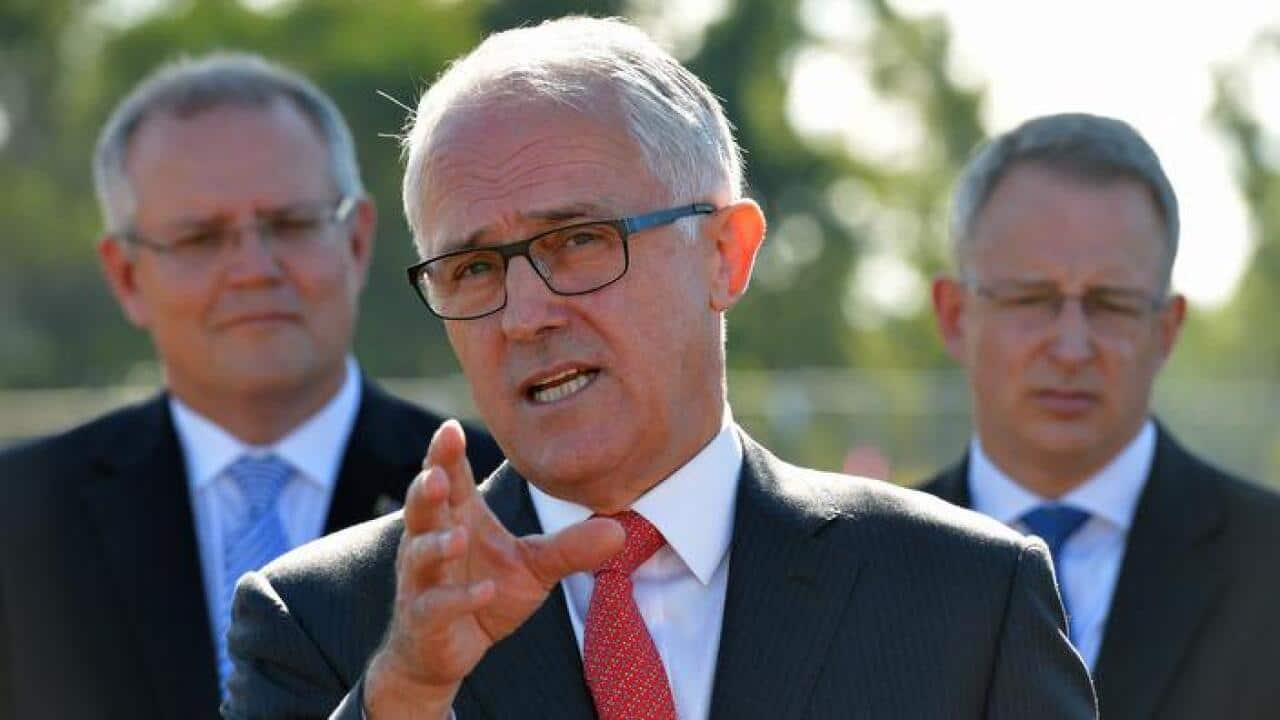Malcolm Turnbull has foreshadowed a "very serious" discussion about parole with state and territory leaders, arguing decisions about releasing criminals with terror links should be made by attorneys-general.
But civil liberties groups say this risks politicising decisions that should be made in the courts.
Speaking after the Melbourne hostage incident and ahead of a meeting of the nation's leaders in Hobart on Friday, the prime minister says the issue is a question of national leadership.
Mr Turnbull says Yacqub Khayre, who shot dead a clerk and took a woman hostage in a Melbourne apartment block on Monday night, had a history of violence and a connection with extremism.
"At the very least, a decision to grant parole to a person with this background, this combination of violence and associations with terrorism ... that is a decision that should have to go to the very top," he told Neil Mitchell on 3AW radio on Wednesday.
"In other words, to go to the (state's) attorney-general."
Mr Turnbull said the buck needed to stop with the government.
It was public knowledge Khayre spent 16 months on remand before being acquitted of the 2009 Holsworthy army barracks terror plot in Sydney, he said.
"How did this bloke, this criminal, this violent man with a long history of violence and criminality and violent extremism ... how did he get parole?"
Attorney-General George Brandis is hopeful of getting state and territory agreement.
"We need to make sure that we are ahead of the game and on the front foot to prevent terrorist crime in Australia," he told FiveAA radio on Wednesday.
Civil liberties groups are up in arms over the proposed changes.
NSW Council for Civil Liberties president Stephen Blanks said the position of attorney-general is "a political role, not a judicial role".
"If a decision to grant parole is to be subject to the approval of an attorney-general, one might take bets as to how soon it will be before an attorney-general was the subject of proceedings in ICAC for corruption. It is a recipe for corruption," Mr Blanks told AAP on Wednesday.
Former British Secret Intelligence Service chief Sir John Scarlett urged caution and careful thought before any major policy shifts to lock up terror suspects for longer.
"It needs to be very carefully monitored and controlled, and public confidence in the justice system has to be maintained, otherwise it's not sustainable in the long run... and becomes arbitrary," he said at an Australian Strategic Policy Institute conference in Canberra.
"It's a serious thing to do."









